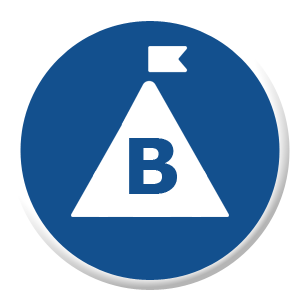Het arrangement Theme Dreams - tto123 is gemaakt met Wikiwijs van Kennisnet. Wikiwijs is hét onderwijsplatform waar je leermiddelen zoekt, maakt en deelt.
- Auteur
- Laatst gewijzigd
- 11-05-2025 09:41:22
- Licentie
-
Dit lesmateriaal is gepubliceerd onder de Creative Commons Naamsvermelding 4.0 Internationale licentie. Dit houdt in dat je onder de voorwaarde van naamsvermelding vrij bent om:
- het werk te delen - te kopiëren, te verspreiden en door te geven via elk medium of bestandsformaat
- het werk te bewerken - te remixen, te veranderen en afgeleide werken te maken
- voor alle doeleinden, inclusief commerciële doeleinden.
Meer informatie over de CC Naamsvermelding 4.0 Internationale licentie.
Aanvullende informatie over dit lesmateriaal
Van dit lesmateriaal is de volgende aanvullende informatie beschikbaar:
- Toelichting
- Dit thema valt onder de arrangeerbare leerlijn van de Stercollectie voor Engels voor tweetalig onderwijs, leerjaar 1, 2 en 3. Dit is thema 8 'Dreams'. Het gaat over (dag)dromen. Het thema omvat de volgende onderwerpen: Sleeping and dreaming, In your dreams, Keep on dreaming en Your worst nightmare. In de grammaticaopdrachten wordt er geoefend met conditionals.
- Leerniveau
- VWO 2; HAVO 1; VWO 1; HAVO 3; VWO 3; HAVO 2;
- Leerinhoud en doelen
- Engels;
- Eindgebruiker
- leerling/student
- Moeilijkheidsgraad
- gemiddeld
- Studiebelasting
- 9 uur 30 minuten
- Trefwoorden
- arrangeerbaar, conditionals, dreams, engels, in your dreams, keep on dreaming, sleeping and dreaming, stercollectie, tto123, your worst nightmare

 Welcome to the next theme of English: Dreams.
Welcome to the next theme of English: Dreams.
 In this theme you will focus on the following 'can do' statements.
In this theme you will focus on the following 'can do' statements.
 Below are the four lessons that belong to this topic.
Below are the four lessons that belong to this topic.





 Welcome to the final test of the theme: 'Dreams'.
Welcome to the final test of the theme: 'Dreams'. At the end of each lesson you answered evaluation questions.
At the end of each lesson you answered evaluation questions.